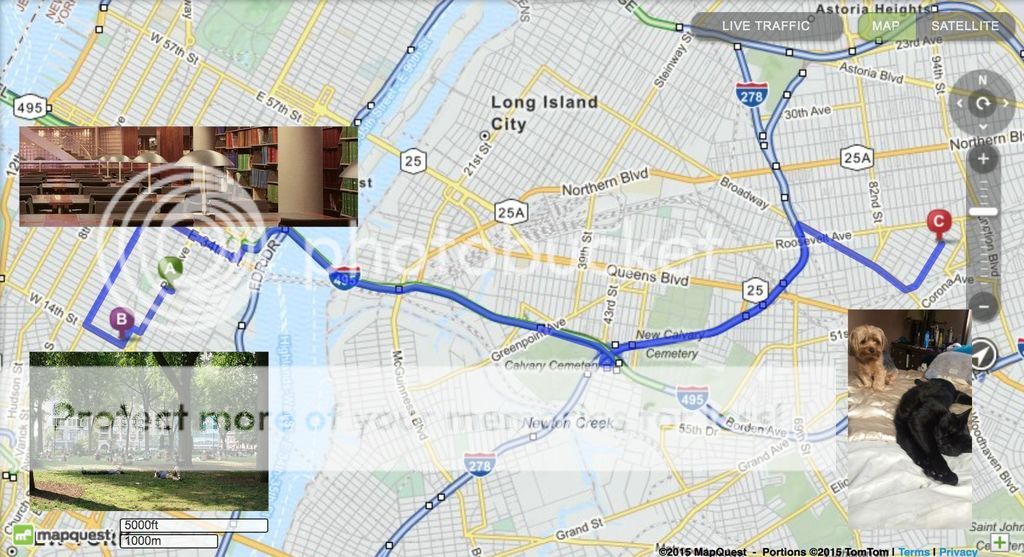Girl Assignment – Francheska Orellana
I am trying. I keep forgetting to wash the color clothes on Tuesday, but I will remember next time. Why can’t I walk bare-head in the hot sun? I enjoy the heat the sun fills me with energy. But, yes I understand what you mean. I don’t dress like a slut. I am a lady but I do appreciate your concern, I am only 12 years old at all. And I don’t sing benna on Sundays.
Thank you for showing how to sew and don’t worry I wont be a slut.
I’m sure father will be glad I can iron his khaki shirt and pants. I have to learn how to plant too? And sweep? Okay, but why am I only learning this? What about my brother? Why do I always have to smile? I’m tired of smiling. Why do I need to know how to set the table for every time of the day? Can one simple table set suffice? But okay, I’ll do it. Wait, why do I have to please to men’s standards? I am not a slut but I can behave how I want to. I am of 18 years of age now, after all.
I have learned many things from you over the years: what to do and what not to do; A grown woman now, I appreciate the of how to make medicine. You have showed me the truth of the man. I am not a slut and I wont be a slut. Can you believe in?
And you’re right, I am a woman who will get her way and don’t need no man to to squeeze the bread.



